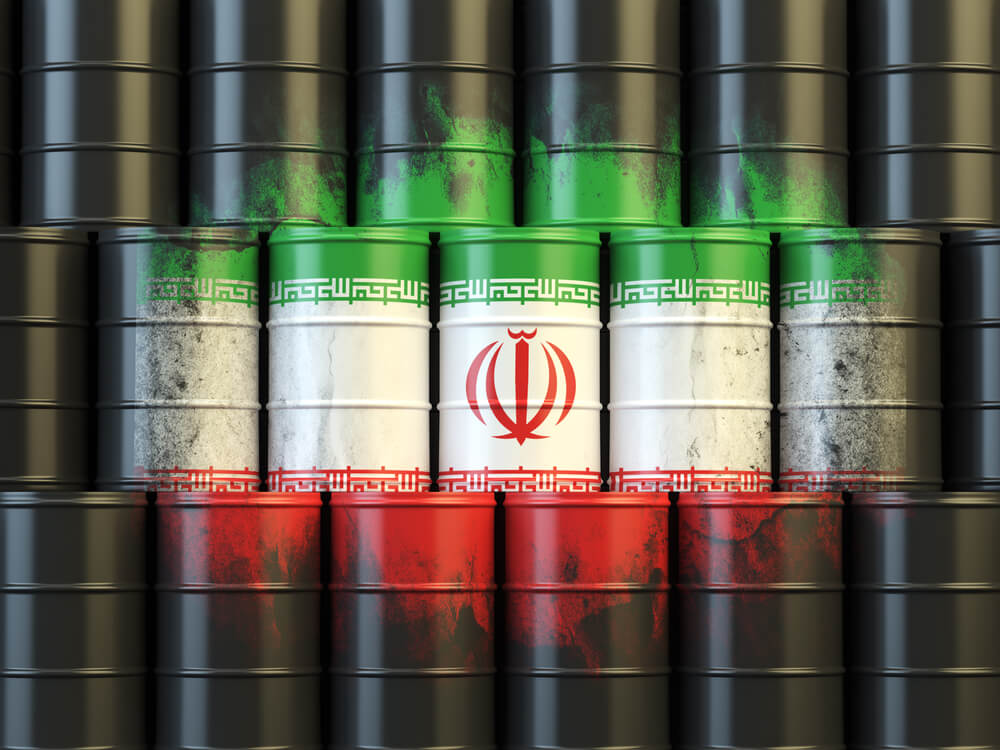Iran should consider seizing a British oil tanker in response to authorities detaining an Iranian oil tanker off the coast of Gibraltar, a former leader of the Islamic Republic’s powerful Revolutionary Guard said Friday.
The striking comment by Mohsen Rezaei came amid heightened tensions over Iran’s unraveling 2015 nuclear deal with world powers, an accord that the U.S. withdrew from last year.
In recent days, Iran has broken through the limit the nuclear deal imposed on its stockpile of low-enriched uranium and plans on Sunday to boost its enrichment. In the past months, the U.S. has rushed thousands of additional troops, an aircraft carrier, B-52 bombers and advanced fighter jets to the region.
Authorities in Gibraltar intercepted the supertanker Grace 1 on Thursday, saying they believed it to be violating European Union sanctions by carrying a shipment of Iranian crude oil to Syria. Spanish authorities said the seizure came at the request of the U.S.
A spokesman for the government of Gibraltar, who wasn’t authorized to be identified in media reports, said all 28 crew members remain on the vessel while being interviewed as witnesses. The crew is comprised of mainly Indian, Pakistani and Ukrainian nationals, he said.
The vessel was likely carrying just over 2 million barrels of Iranian crude oil, the data firm Refinitv said. Tracking data showed it made a slow trip around the southern tip of Africa before reaching the Mediterranean, it said.
On Friday, the Gibraltar Chronicle quoted Attorney General Michael Llamas saying that the British overseas territory’s Supreme Court had granted an extension to July 19 to detain the supertanker following a hearing Friday. Calls and e-mails to the court weren’t immediately answered.
Rezaei, who led the elite Guard during Iran’s 1980s “Tanker War” in the Persian Gulf targeting the oil trade of the U.S. and its Arab allies, tweeted: “If England does not release the Iranian oil tanker, the duty … (of Iran) is to respond and seize one English oil tanker.”
A spokesman for Iran’s Foreign Ministry earlier called on the U.K. to release the tanker.
U.S. national security adviser John Bolton tweeted that the ship’s seizure was “excellent news.”
“America & our allies will continue to prevent regimes in Tehran & Damascus from profiting off this illicit trade,” Bolton added.
Fears over a miscalculation sparking a wider conflict in the Persian Gulf have grown. Oil tankers near the Strait of Hormuz have been targeted in mysterious attacks, which the U.S. blames on Iran. Tehran denies it. Last month Iran shot down a U.S. surveillance drone it said was in its airspace, while Washington says it was over international waters.
Ayatollah Mohammad Ali Movahedi Kermani, an adviser to Iran’s supreme leader, brought up the drone incident during Friday prayers. He said the reason that the U.S. did not attack Iran after was because Trump fears Iran’s ballistic missile stockpile.
“When Iranian missiles are able to hit a stealth drone thousands of feet in the air, how easy would it be to hit an aircraft carrier in the sea?” he asked.
German Foreign Ministry spokesman Rainer Breul was asked at a government briefing Friday about Iran’s threat to ramp up uranium enrichment starting Monday. Germany, along with Britain, France, Russia and China, are signatories to the nuclear deal with Iran.
“We have taken note of this Iranian announcement,” Breul said. “We strongly urge Iran not to take this step.”
He said if Iran does proceed, the nuclear agreement itself determines the next measures. “We are in close contact with other participants of the (nuclear deal) on this,” he said.
The U.S. said its ambassador to international organizations in Vienna, Jackie Wolcott, had requested a special meeting of the International Atomic Energy Agency to discuss its “latest, concerning report on the Iran regime’s nuclear program.”
© The Associated Press. All rights reserved.
